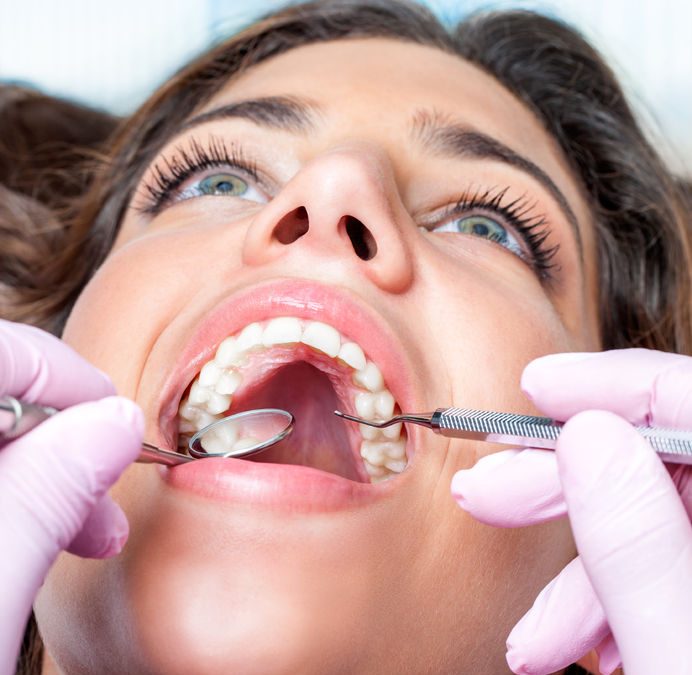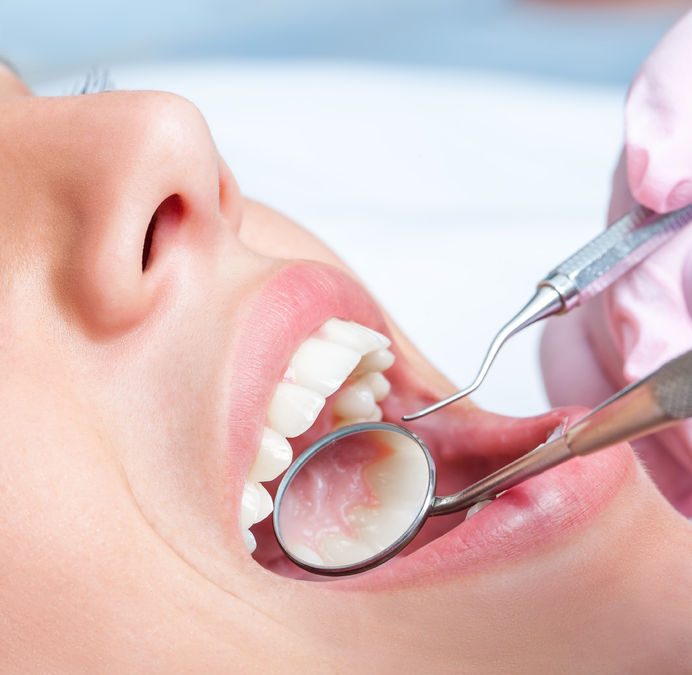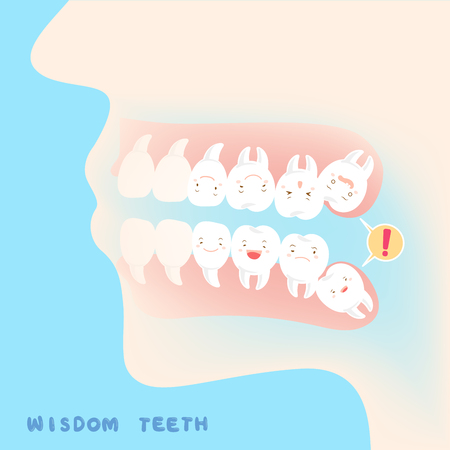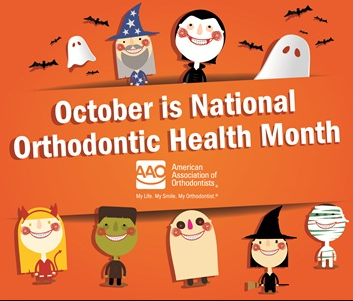With more than 1.2 million U.S. adults currently sporting braces, celebrate National Orthodontic Health Month by learning more about orthodontists and how they do more than give people a better-looking smile.
According to MouthHealthy.com, orthodontics and dentofacial orthopedics is the formal name of the dental specialty concerned with the diagnosis, prevention, intervention, guidance and correction of bad bites.
The purpose of orthodontic treatment is to create a healthy bite — straight teeth that properly meet opposing teeth in the opposite jaw. A good bite makes it easier for you to bite, chew and speak.
If your teeth are crowded, protrusive, spaced too far apart, meet in an abnormal way or do not meet at all, correction may be recommended. If you have an abnormal bite your dentist may recommend braces or another orthodontic treatment to straighten out your smile. Correcting the problem can create a nice-looking smile, but more importantly, orthodontic treatment results in a healthier mouth. Not correcting an abnormal bite could result in further oral health problems, including tooth decay, gum disease, tooth loss and jaw problems.
Braces and aligners are the “appliances” orthodontists most commonly use to guide your teeth into their proper positions. Retainers preserve and stabilize the results of your orthodontic treatment.
Since abnormal bites usually become noticeable between the ages of 6 and 12, orthodontic treatment often begins between ages 8 and 14. Treatment that begins while a child is growing helps produce optimal results. In the past, orthodontic treatment was associated with children and teens, but today many adults seek orthodontic treatment to correct long-standing problems, or problems that stem from maturational changes.

What you need to know about Oral Cancer
What you need to know about Oral Cancer People are affected by oral cancer all the time, whether it occurs in the neck, on your lip or in your gums. Knowing the causes, symptoms and how to prevent oral cancer are all very important to know and be aware of. In this...

Diabetes and Oral Health
Are diabetes and dental problems related? Yes, the two are very much related in the sense that if it has been determined that you have diabetes then you're more than likely at a risk for developing oral health problems, especially gum disease. Did you know that...

All you need to know about Wisdom Teeth
All you need to know about Wisdom Teeth We've all heard about wisdom teeth but do you know everything about them? Read this article to learn more about wisdom teeth as we answer some commonly asked questions about them for you. What are wisdom teeth? The third and...

